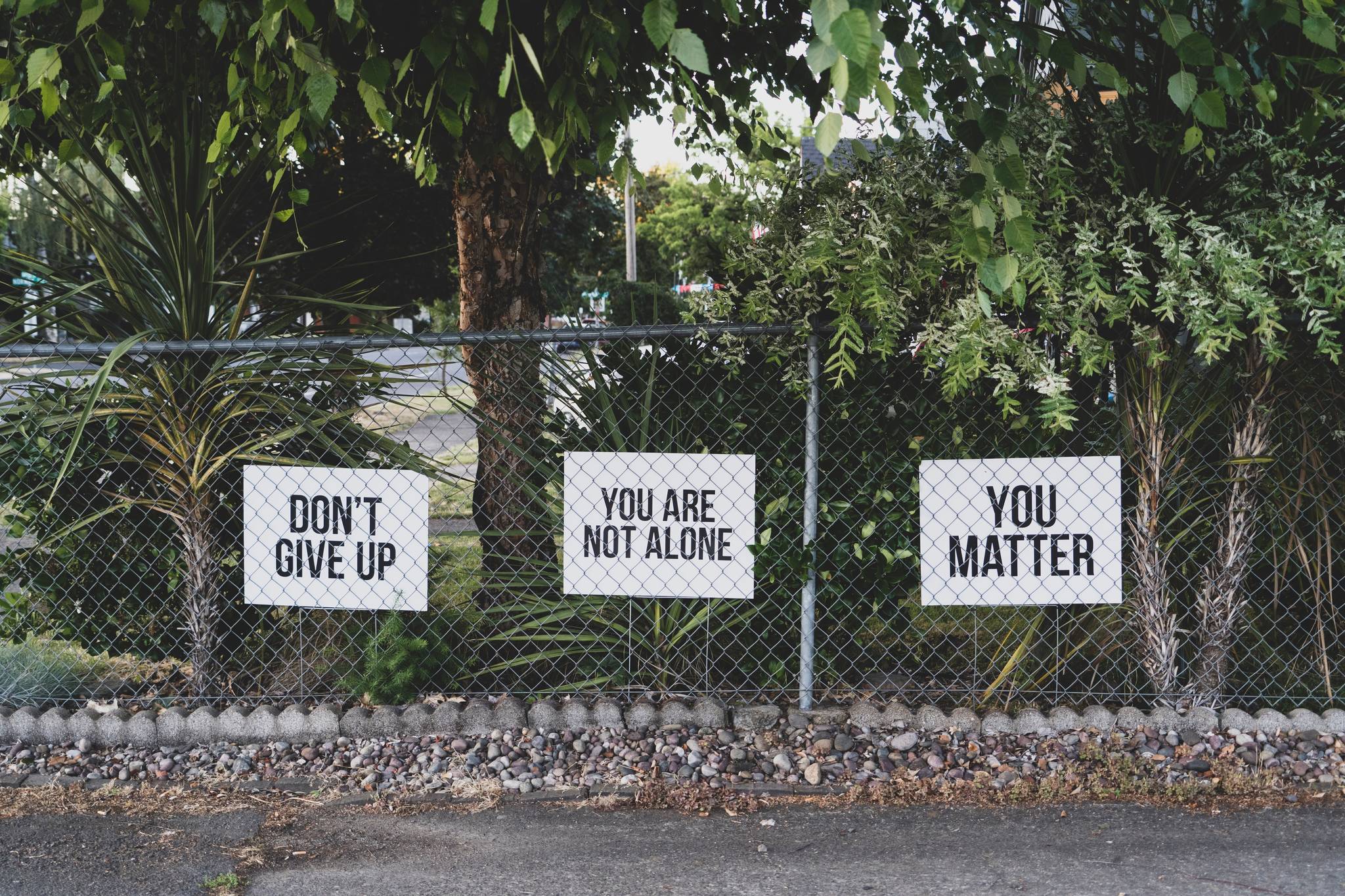By Faith Myers
We have all seen them, people wandering the streets, wrapped in blankets or muttering to themselves. Every year about 10,000 people will be taken into custody and transported by the police to a psychiatric facility “for their own good.” It should be a time of healing, but for many it is not.
People in Alaska that enter an acute care psychiatric facility or unit for a forced evaluation or treatment are mistreated. Not just some of the time, but all of the time. State law gives psychiatric patients a right to have access to a trained patient advocate that will provide assistance and a right to bring their grievance to an impartial body; not a single patient is told that they have those rights. And that is mistreatment.
From 1999 to 2003, I was in and out of acute care psychiatric facilities or units and at times, homeless. On seven occasions I ended up in a psychiatric facility, four times in a psychiatric evaluation unit and six times I was escorted to those facilities by the police in handcuffs. I was in crisis treatment centers three times.
[Opinion: Privatizing Alaska Psychiatric Institute is a mistake]
It was the indifference of my treatment and mistreatment that led me to become a mental health advocate. In December 2020 my book, “Going Crazy in Alaska: A History of Alaska’s Treatment of Psychiatric Patients,” was released. It was the next step in my advocacy and is a first-hand look at what I consider the mistreatment of patients in psychiatric facilities.
For me it was not as simple as just walking away from my treatment in locked psychiatric facilities. And for many people, there can be a difficult time of processing traumatic memories of being in a psychiatric facility. In my case, I needed treatment for my treatment.
The size of the Department of Health and Social Services with its 3,300 employees and the size of the budget is almost unimaginable. There is no easy way for a psychiatric patient to tell an organization that big that their method of caring for and protecting acute care psychiatric patients needs a lot of improvements.
As a patient in the Alaska Psychiatric Institute in 2003, I was repeatedly traumatized when male staff would walk into my bedroom, bathroom or shower. I was sexually assaulted as a young woman and when men walked into my private areas, I was forced to relive traumatic events.
No amount of explaining my trauma to staff and management at API made any difference. API management had a policy of not assigning staff by gender and would make no changes. I observed other female patients in embarrassing situations that could cause trauma.
Senate Bill 8 became state law in 2008, and it gives psychiatric patients the opportunity to be involved in choosing the gender of the staff that provided their intimate care. The law also required that routine safety checks into bedrooms, bathrooms and showers must be performed by the same gender staff as the patient. Gender choice of staff for intimate care is a good law, but there is no one to enforce it.
The mission statement of the Alaska Psychiatric Institute in 1962 was only one sentence: “API exists to give institutional care of an acute treatment nature to patients who cannot be adequately cared for on a local level.” The mental health care system in the ’60s made a lot of mistakes, but not everything the hospitals did was wrong back then. Instead of the Department of Health and Social Services taking what was positive and building on it, much of what was learned over a 50-year period by doctors and clinicians has been discarded.
I spent a total of 7 months in API as a patient. Nothing of what I have read about the efforts of staff at API in the 1960s to help patients made its way to me. Patients in 2003 were locked in, shut in and further traumatized, almost guaranteeing that patients would have later difficulties or return to the hospital after discharge.
Currently, hard-to-place, difficult psychiatric patients can be stabilized with psychotropic drugs and pushed out the door of psychiatric hospitals or units in a matter of days, making it a high probability the person will not rejoin society.
As of now, mental health policy makers do not have a clear understanding of what psychiatric patients face from the point of pickup by the police through incarceration and release. The voice of disabled psychiatric patients can often only be found in statistics: number of injuries, complaints, the type of complaints and the number of traumatic events. It will take dedicated organizations, individuals and the Alaska Legislature to give psychiatric patients that voice in 2021.
• Faith J. Myers is the author of the book, “Going Crazy in Alaska: A History of Alaska’s Treatment of Psychiatric Patients” and has volunteered as a mental health advocate for over 10 years. Columns, My Turns and Letters to the Editor represent the view of the author, not the view of the Juneau Empire. Have something to say? Here’s how to submit a My Turn or letter.

